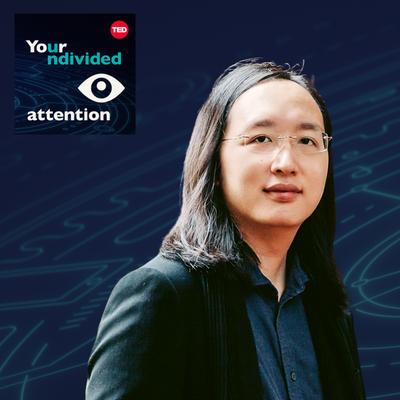Episode 75 | Aug 31, 2023
The AI ‘Race’: China vs. the US with Jeffrey Ding and Karen Hao
In the debate over slowing down AI, we often hear the same argument against regulation. “What about China? We can’t let China get ahead.” To dig into the nuances of this argument, Tristan and Aza speak with academic researcher Jeffrey Ding and journalist Karen Hao, who take us through what’s really happening in Chinese AI development. They address China’s advantages and limitations, what risks are overblown, and what, in this multi-national competition, is at stake as we imagine the best possible future for everyone.
CORRECTION: Jeffrey Ding says the export controls on advanced chips that were established in October 2022 only apply to military end-users. The controls also impose a license requirement on the export of those advanced chips to any China-based end-user.
Other recommended reading
Recent Trends in China’s Large Language Model Landscape by Jeffrey Ding and Jenny W. Xiao
This study covers a sample of 26 large-scale pre-trained AI models developed in China
The diffusion deficit in scientific and technological power: re-assessing China’s rise by Jeffrey Ding
This paper argues for placing a greater weight on a state’s capacity to diffuse, or widely adopt, innovations
The U.S. Is Turning Away From Its Biggest Scientific Partner at a Precarious Time by Karen Hao and Sha Hua
U.S. moves to cut research ties with China over security concerns threaten American progress in critical areas
Why China Has Not Caught Up Yet: Military-Technological Superiority and the Limits of Imitation, Reverse Engineering, and Cyber Espionage by Andrea Gilli and Mauro Gilli
Military technology has grown so complex that it’s hard to imitate


